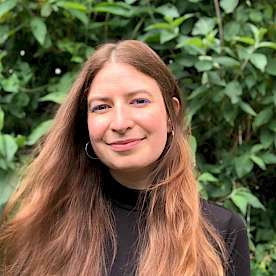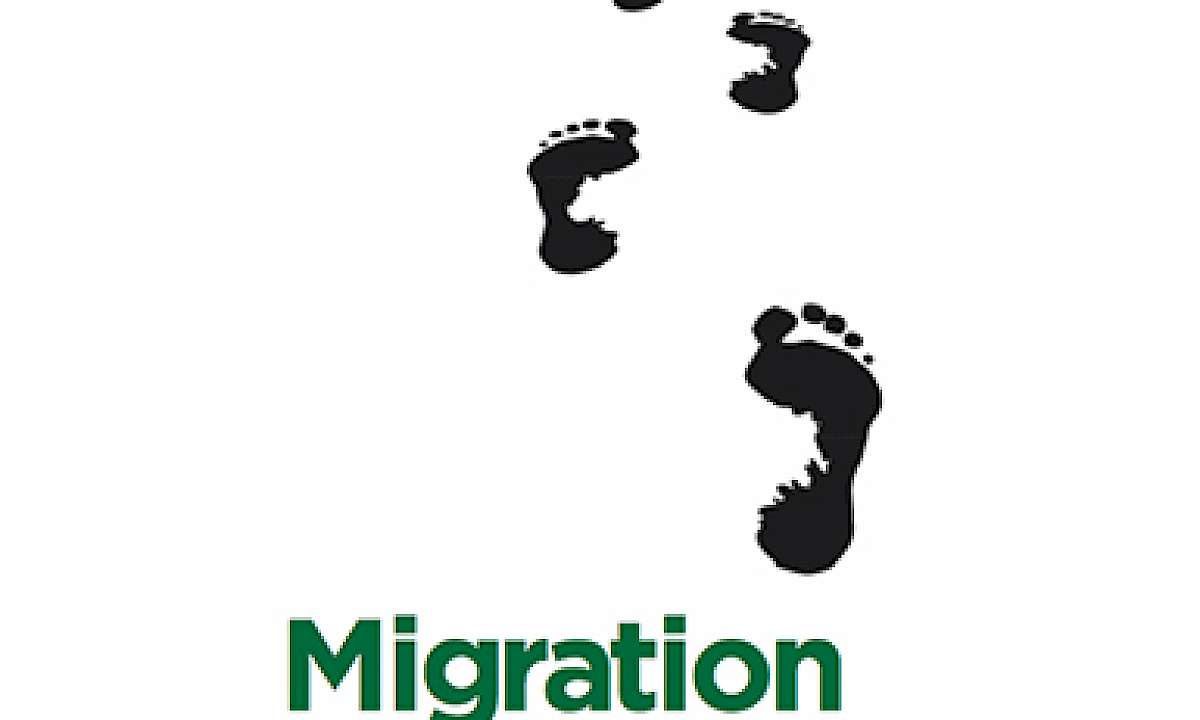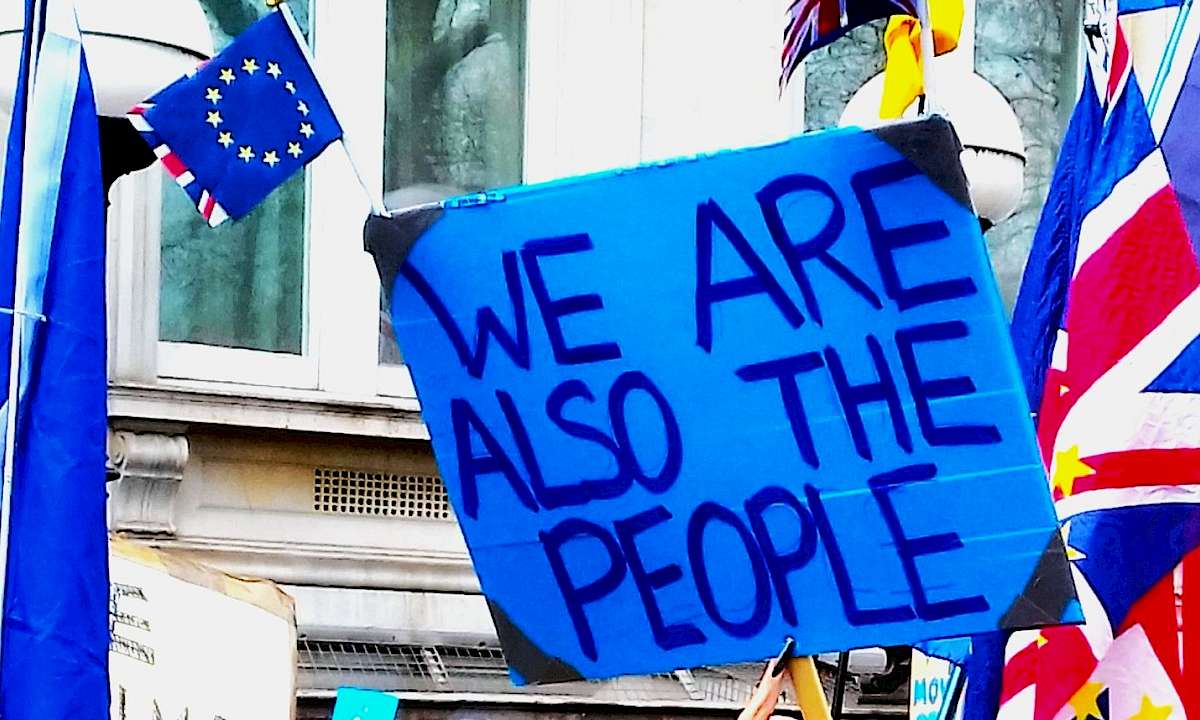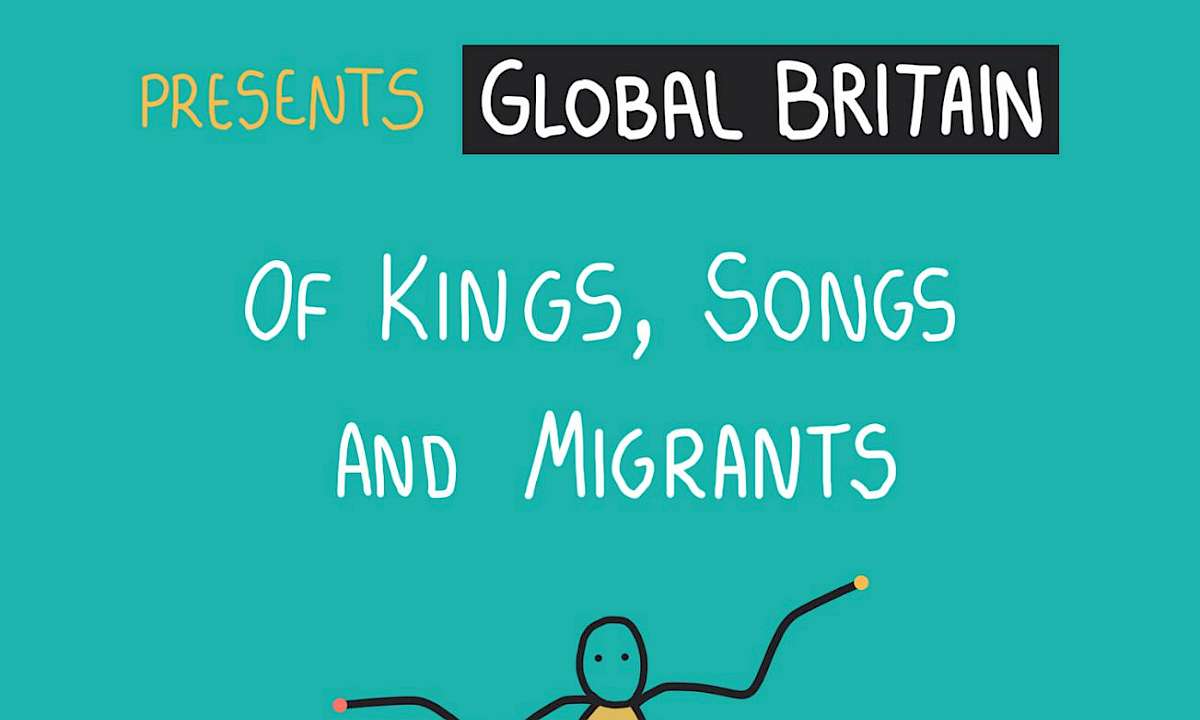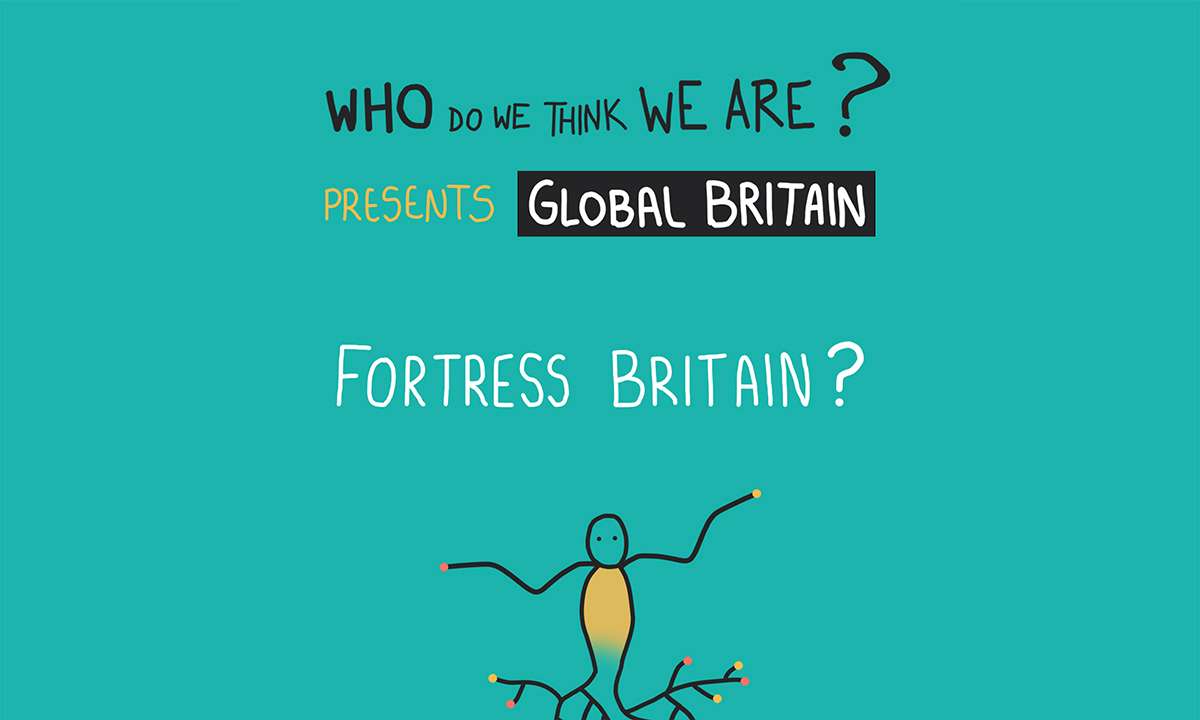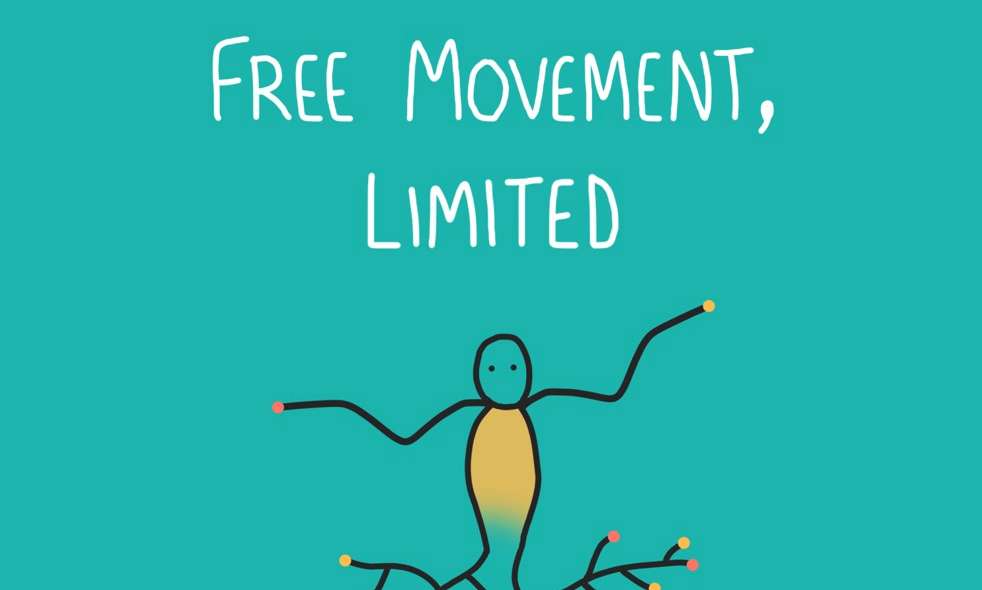
Free Movement becomes a way of habituating the idea of being European. Of making it second nature to identify as being European. And it becomes part of the construction of an EU citizenry, not only in law, but also in practice.
– Professor Michaela Benson
Today Episode 2 of our podcast collaboration with Who do we think we are? launches. And we’re talking Freedom of Movement, its role in the formation of an EU–wide imagined community, and the experiences of people who have lost their FOM rights due to Brexit.
Hear from MIGZEN researcher Catherine Craven as she explains what we mean when we talk about Freedom of Movement within the EU, it’s institutional underpinnings and social implications. We’re joined by Elspeth Guild, legal scholar and counsel, joins us to talk about the history and evolution of Free Movement rights within the EU, what Freedom of Movement does for Europeans and the meaning of EU citizenship, as well as the significance of the external EU border and the politicisation of asylum in the story of EU Free Movement. And our presenters Nando Sigona and Michaela Benson reflect on changes to who moves within Europe, how mobility within the EU relates to feelings of identity and belonging, as well as the inequalities that exist amongst EU citizens when they exercise Free Movement rights, and the impact of Brexit on those people who have lost their rights to FOM since Brexit.
As the episode explores, in addition to being at the very heart of what it means to be European, Freedom of Movement has provided key opportunities for people seeking to better their lives, through education or to escape stigma and discrimination in their respective home countries. As Michaela explains:
The lack of border controls exercised towards European citizens when Britain was part of the European Union, meant that people who'd had reached the limit in terms of their social mobility in Britain, could move within the European Union to find opportunities within that broader labour market.
Meanwhile, there are also important caveats to the opportunities and potentials provided by the EU’s Free Movement regime, as Nando remarks in the episode:
Freedom of Movement has often been idealized and clearly characterised as a solution for everything. Instead, it is also important to remember that not everyone has had the possibility of enjoying Freedom of Movement in the same way, within Europe and in Britain.
Ultimately, Brexit has meant that people who once built their lives around their FOM rights, are now having to reposition themselves with regards to the European project. For many, this includes coming to terms for the very first time with what it means to be on the outside of its symbolic and territorial borders.
Tune in to the remainder of the season, to find out how the redrawing of boundaries around both the British and EU imagined communities is entangled with a changing migration-citizenship regime, which continues to shape the lives of migrants and rewrites Britain’s migration story after Brexit.
You can listen to the podcast and the back catalogue, access our shownotes, active listening questions and transcripts on our podcasts page.
And you can follow the podcast on all major podcasting platforms or through our RSS Feed

